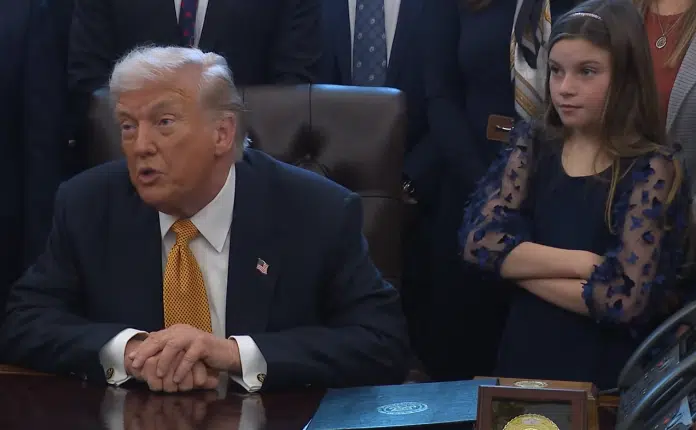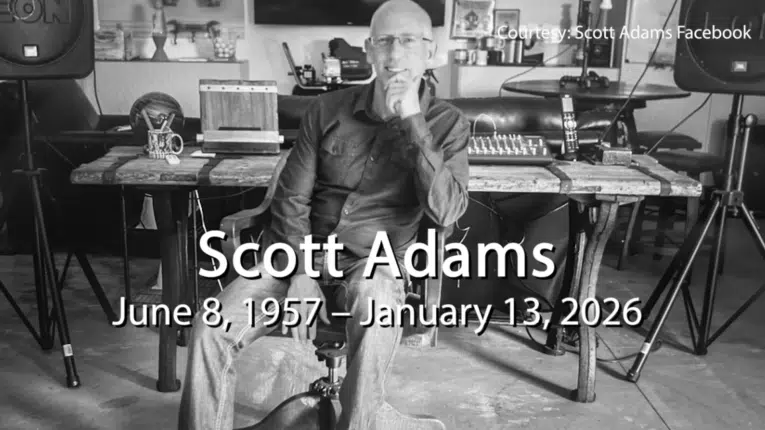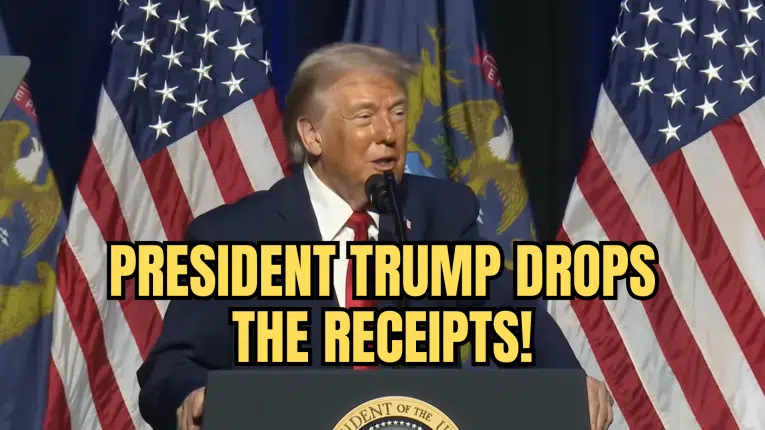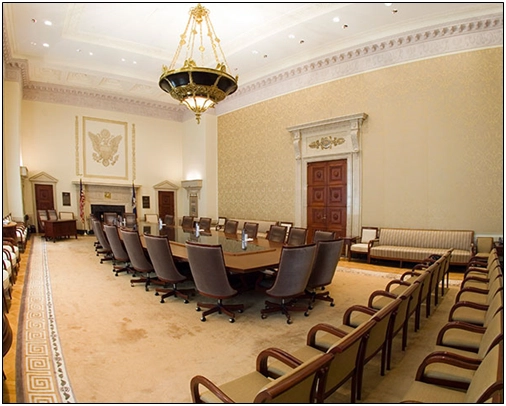
Spending cuts will automatically take place on Jan. 1 if the continuing resolution offered today by House Republicans led by Speaker Mike Johnson (R-La.), the first $64 billion reduction promised under the debt ceiling legislation that former Speaker Kevin McCarthy (R-Calif.) had negotiated with the Senate and the White House.
The continuing resolution would fund part of the government until Jan. 19, and another until Feb. 2, but without any more changes to federal law, effectively kicking the can once more into 2024 — the same type of continuing resolution that led to the ouster of McCarthy more than a month ago.
The bill will come up under suspension of the rules, and require a two-thirds majority in order to pass — meaning House Democrats would need to vote for it.
On one hand, the legislation does preserve the budget sequestration that Congress enacted earlier this year, the critical first year cut that sets the new spending baseline, and provides more time to complete the 12 appropriations bills, but it also cedes a must-pass spending bill without achieving any new concessions.
For now, Johnson is not even bothering with a defeated House Republican proposal that had included H.R. 2, the Secure the Border Act of 2023, sans a provision on E-Verify that was excluded, a 7.8 percent cut to non-defense spending and several riders that prohibit catch-and-release, bars parole for illegal immigrants, prohibits the use of funds for transportation of illegal immigrants into the U.S. interior and stops Biden’s dismantling of the border wall.
Unfortunately, that proposal had failed by a vote of 232 to 198 on Sept. 29, with 21 House Republicans voting no.
There simply are not the votes for anything else, apparently, and so a bipartisan bill it is instead, with supplemental spending requests for Ukraine being relegated to separate votes, with Johnson arguing on Nov. 11 on X, formerly Twitter, “Separating out the CR from the supplemental funding debates places our conference in the best position to fight for fiscal responsibility…”
Overall, if the sequestration is stuck to by Congress — something that will be up in the air every year as appropriators attempt to pass either individual spending bills or more consolidated appropriations — it would result in $1.3 trillion of spending reductions from the prior baseline, according to a Congressional Budget Office analysis of the debt ceiling bill that passed earlier this year.
It’s one of those cases where the paralysis of lawmaking actually benefits taxpayers, if only in a small way. Instead of the national debt being $50 trillion by 2033, per a White House Office of Management and Budget (OMB) estimate earlier this year, with sequestration, it might be $49 trillion thereabouts.
To achieve more reductions, bare minimum, would require Republicans to vote for the spending bills being offered by the appropriations committee, or else vote on either the continuing resolution, a consolidated appropriations or else, just let the government partially shut down on Nov. 17.
The fact is, House Republicans are no more united around appropriations now than they were prior to the deposal of McCarthy, and might be no better off than they were headed into the New Year, especially if the continuing resolution plan, originally offered by McCarthy, is what becomes law.
But it’s still nothing to sneeze at, a 1 percent reduction in federal spending in the discretionary budget, is among the largest spending cuts passed in modern history, similar as a percent of the budget to those that came out of the 2011 debt deal between former House Speaker John Boehner (R-Ohio) and former President Barack Obama.
The upside is that as soon as sequestration goes into effect in January, the calls to complete the appropriations process will be renewed, offering further opportunities for the House to keep passing reductions and attempting to forget a consensus internally that perhaps next year, depending on the outcome of the 2024 election, could be put into a law with a new president. As usual, stay tuned.
Robert Romano is the Vice President of Public Policy at Americans for Limited Government Foundation.






